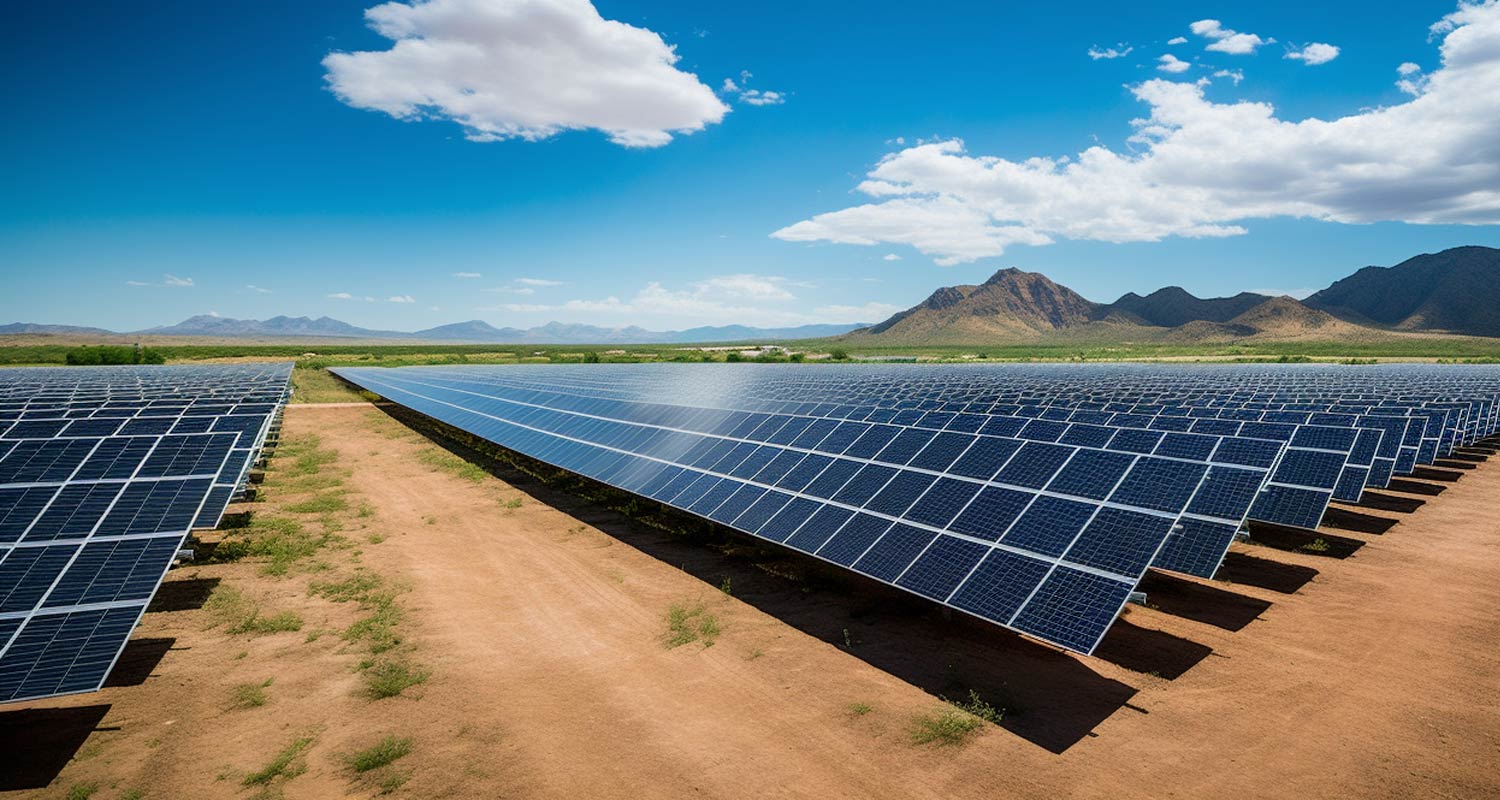 The department of trade, industry & competition has launched a “one-stop shop” to coordinate the streamlining of applications and regulatory procedures for private investment in energy generation.
The department of trade, industry & competition has launched a “one-stop shop” to coordinate the streamlining of applications and regulatory procedures for private investment in energy generation.
Projects can be registered on the department’s portal, and there is a team dedicated to fast-tracking approvals, speed up projects and cut through red tape. R294-million has been made available by the department for various projects such as rooftop installations, wind farms and other solar investments.
The department said one of its major objectives is to overcome the estimated 6GW shortfall in generation capacity in South Africa, costing the economy hundreds of millions of rand a day due to load shedding. It said because independent power producers currently wait about 365 days and go through 12 different authorisation processes, funders had become averse to investing in projects.
The purpose of the one-stop shop is to change that. Key priorities include enabling and accelerating private investment and encouraging businesses and households to invest in rooftop solar.
Acting deputy director-general Susan Mangole said at an online press conference on Thursday that there is “blended funding” available to assist companies with batteries, inverters and wiring – but not generators because of the cost of diesel involved in running them.
She cited the expansion of a solar farm at Richards Bay, a biogas plant on Johannesburg’s East Rand and a citrus packaging plant in the Western Cape as examples of successful projects carried out in partnership with the Industrial Development Corporation.
Forty applications for fast-tracking and approvals are currently in various stages of completion and the department’s aim is to shorten implementation timelines for developers. “We are always open to supporting companies affected by load shedding,” she said.
Gov’t permit authorisations
Various stakeholders at Thursday’s media briefing explained their part in the proceedings and gave examples of how partnerships between government and private businesses could succeed. Energy Council CEO James Mackay said the slow and unclear policy reform, lack of national capacity to implement changes, and the lack of speed and scale make it difficult to attract the kind of investment needed.
But he also said there are “pockets of excellence” at Eskom, and a positive result of the energy crisis is that it has necessitated reforms. Already, the CEOs of 115 South African companies have committed to working with government to facilitate the legal and regulatory frameworks needed to speed up the energy transition, he said.
Project management head in the presidency Rudi Dicks said some permit authorisation times had already been shortened. “The environmental affairs minister has given permission for wind and solar licences to be approved in three months now where it used to take a year,” he said. “Registration has been reduced to 19 days.”
Read: Are solar installations a fire hazard?
The department of trade, industry & competition said it is reshaping the regulatory landscape to facilitate the transition to distributed, decentralised and traded energy, and to make it easier for private businesses to invest in the national grid. – © 2023 NewsCentral Media




